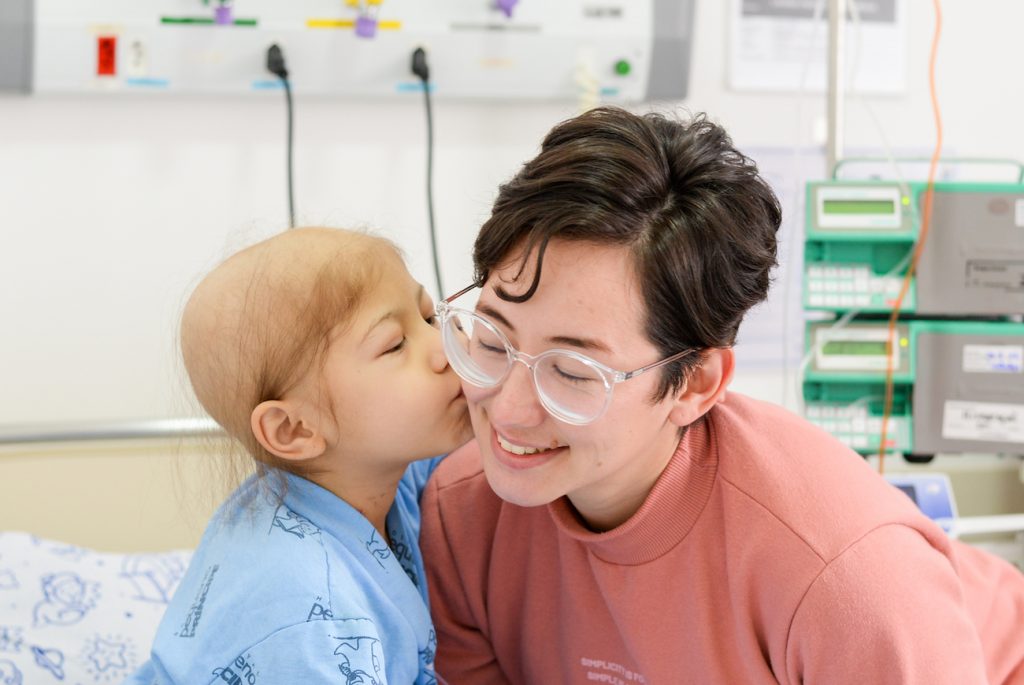Cost of the 10 most used drugs in the Hospital not fully covered by the Brazilian Public Health System exceeds US$ 500,000 per year
The Pequeno Príncipe Hospital buys many high-cost drugs with its own resources so as not to leave behind patients treated by the Brazilian Public Health System (SUS, abbreviation in Portuguese). If we only consider the list of the ten medicines most purchased, the Pequeno Príncipe invests around US$ 500,000 a year. “With the support of companies, individuals, the Legislative and the Judiciary, we were able to purchase these drugs and offer more effective treatment. In this way, we offer a more resolute medicine, improve the quality of life of our patients and save lives,” emphasizes the executive director of the Hospital, Ety Cristina Forte Carneiro.
In the list of the drugs bought with Hospital’s own resources there are medicines used by oncology patients and in the Bone Marrow Transplantation Service (BMT). “Although common, infections that affect transplant patients can be fatal and irreversible when not treated with the appropriate medication and at the right time. The drug options in this category offered by SUS and healthcare operators are limited,” reveals the head of the BMT Service, Carmem Bonfim.
The main article of the eighth edition of the Pequeno Príncipe News shows more details about this subject. Another article is about the medical residency programs offered by the Hospital. In half a century of existence, the Pequeno Príncipe has established itself as one of the main trainers of professionals dedicated to the care of children and adolescents in Brazil. Each year, the Hospital trains around 130 professionals by means of 11 residency programs and seven specialization programs.
At last, the Pequeno Príncipe News warns that children and adolescents are considered “therapeutic orphans”, as only 8% of all clinical research developed in the world involving drugs is aimed at these age groups. “The development of drugs and their respective evidence of efficacy and safety originate from research involving adults, so that the use of these technologies in children results from adaptations of these results, situations that are not ideal and can cause therapeutic failures or even adverse events,” says the Ministry of Health, in a document entitled “Pharmaceutical assistance in pediatrics in Brazil”.

